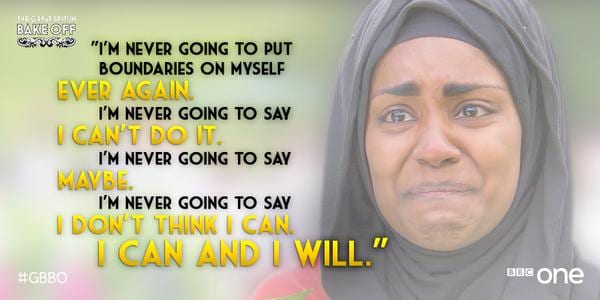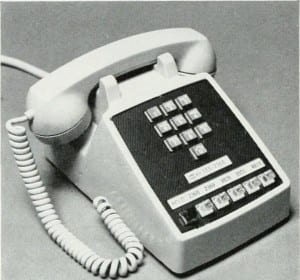What does your favourite Beyoncé song say about your career?
By uczjsdd, on 6 May 2016
#LEMONADE the Visual Album. https://t.co/8LM6jOwNKe pic.twitter.com/eV32dUg7Pj
— BEYONCÉ (@Beyonce) 24 April 2016
Like, how flipping good is the new Beyoncé album? Am I right? Yes.
But which track is your fave? The haunting, poetic, heart-rending opener, “Pray you catch me”? Or are you more into the loud, rocky, hell-hath-no-fury-type number “Don’t Hurt Yourself”?
It turns out the answer could say a lot about you. David Greenberg, a Cambridge PhD student, has been researching the underpinnings of musical taste. And he found certain ‘cognitive styles’, or ways of thinking, are associated with a preference for distinct music types.
People with a greater ability to understand thoughts and feelings in themselves and others, labelled “empathisers”, tend to prefer mellow, melancholy music like R&B and soul. Whereas ‘systemisers’, those better at spotting patterns and understanding the workings of systems, prefer loud, intense, ‘fun’ genres like punk and hard rock.
Interesting stuff in itself. But at UCL Careers we just can’t resist looking for ways to help you with your career thinking. And we figure if you’re the type of person who loves putting people in boxes (and don’t we all enjoy that a little sometimes?), you might want to take your musical tastes into account when considering your future career. Systemisers are likely to be good at analytical, mathematical and scientific problem-solving jobs. So if you’re a grindcore lover, perhaps you’ll make a fine economist. Whereas empathisers may prefer working with people, especially if the role involves understanding emotions and behaviour. So if you like a bit of soft rock or smooth soul, maybe you’ll enjoy being a counsellor.
And if checking your Spotify playlist hasn’t solved all your career woes (which I very much doubt it has), there are more sophisticated job-matching tools out there, like Prospects Planner or Plotr. Shockingly, they don’t ask whether you prefer Adele to Slipknot, but they do make you think about what motivates you in your work, and the type of environment you’d be happiest in.
A word of caution: Although these algorithms will churn out a list of jobs for you, they’re unlikely to offer a firm and final answer to your career choice. We all change and develop over time, and as you gain more work experience you’ll learn more about your preferences. This means your answers may vary at different points in your life. See these tools as more of a starting point to help identify a few careers worth investigating further.
And a second word of caution: Sometimes people are frustrated or even offended when their top job match is something they would never consider doing, or would have to retrain completely to achieve. But in these cases it’s worth evaluating the top 10-20 answers. Taken together they can help you spot patterns in the type of role you may enjoy. If you’re finding it tough to do this on your own, why not bring the list along to a one-to-one careers appointment to use as a basis for a discussion?
N.B. Bey’s new album works so well in its entirety, so it’s kind of tricky to pick a favourite. But my current stand-out tracks are ‘Sorry’ and ‘All Night’. Just FYI.
 Close
Close











 .
.